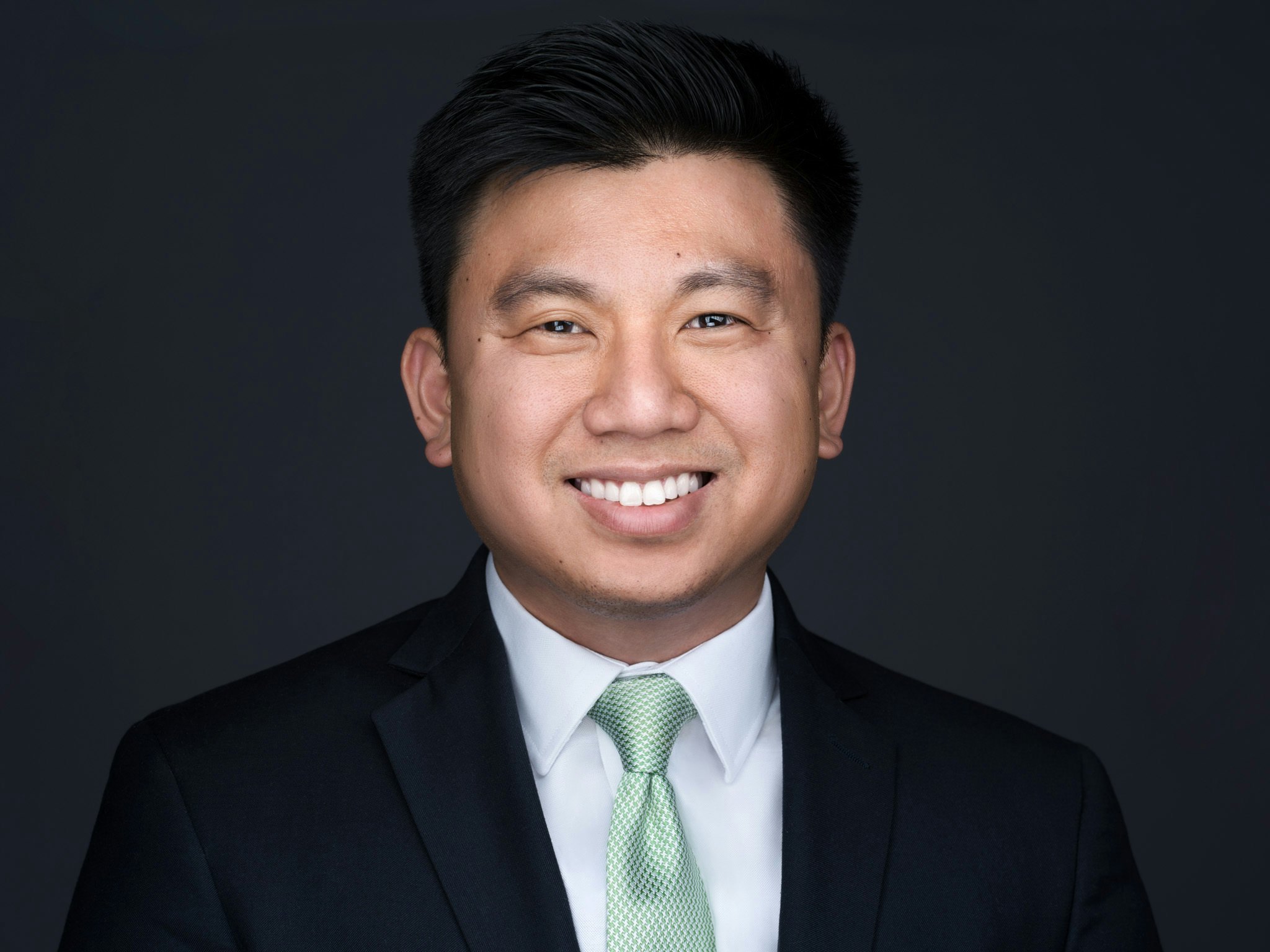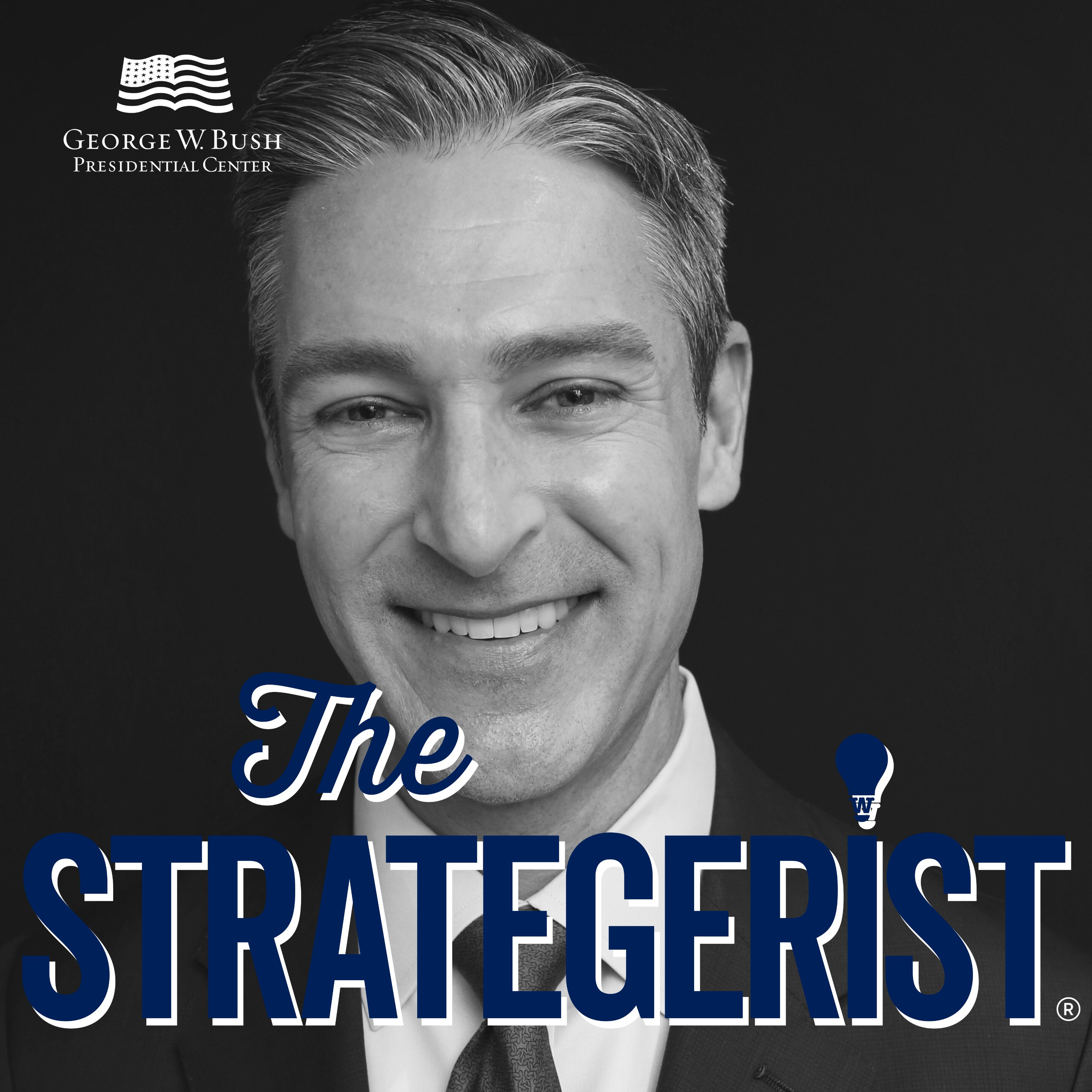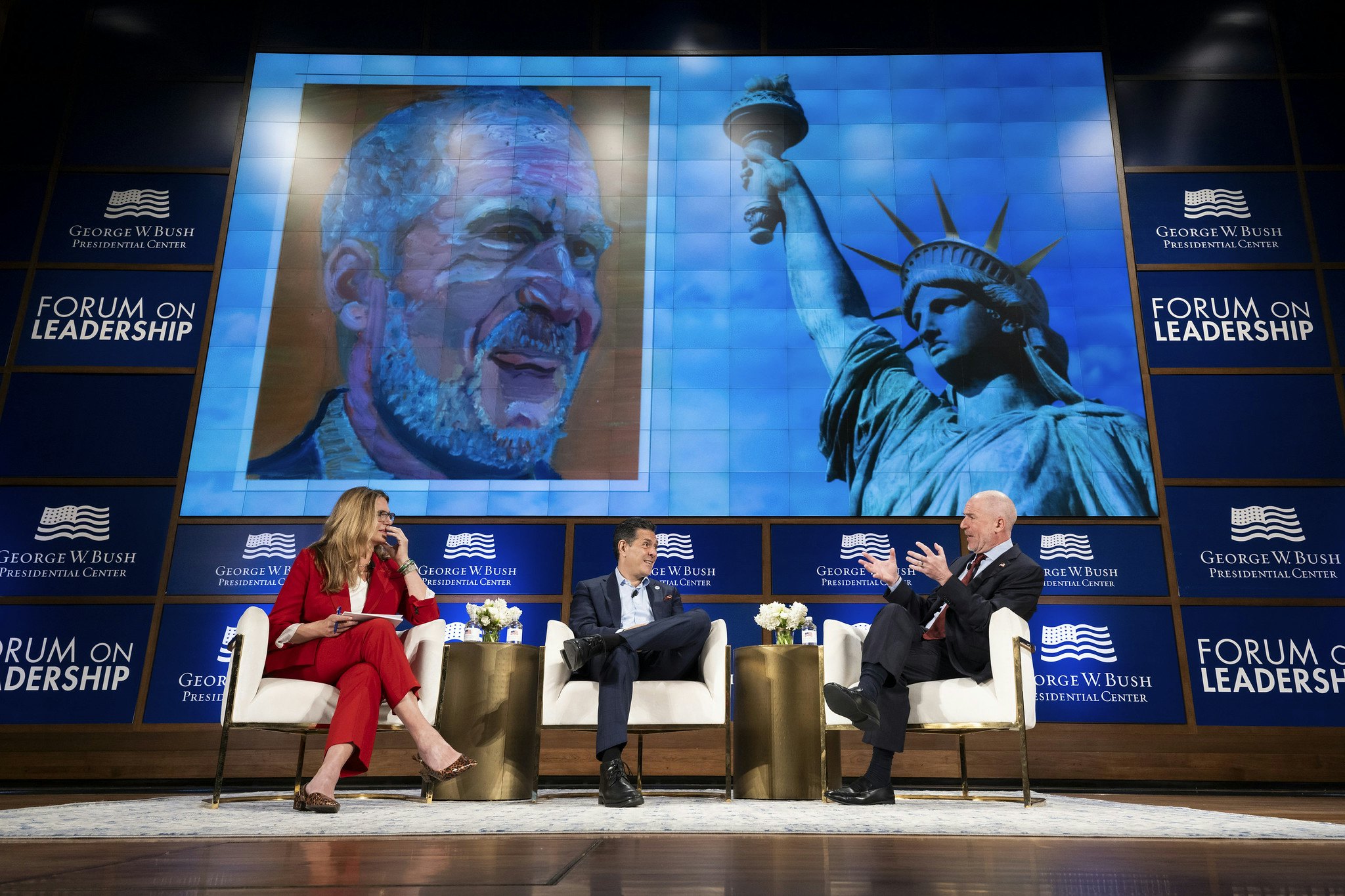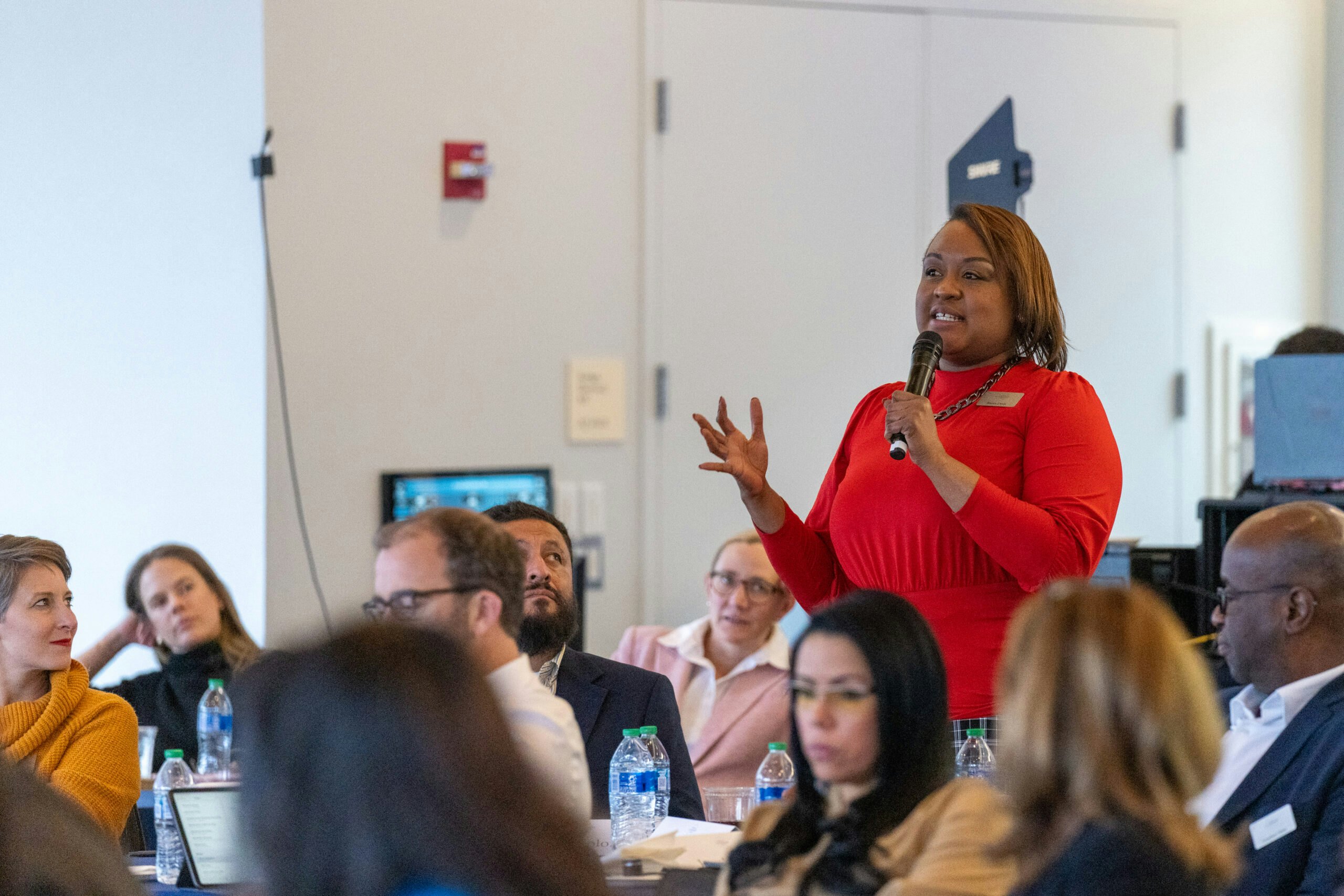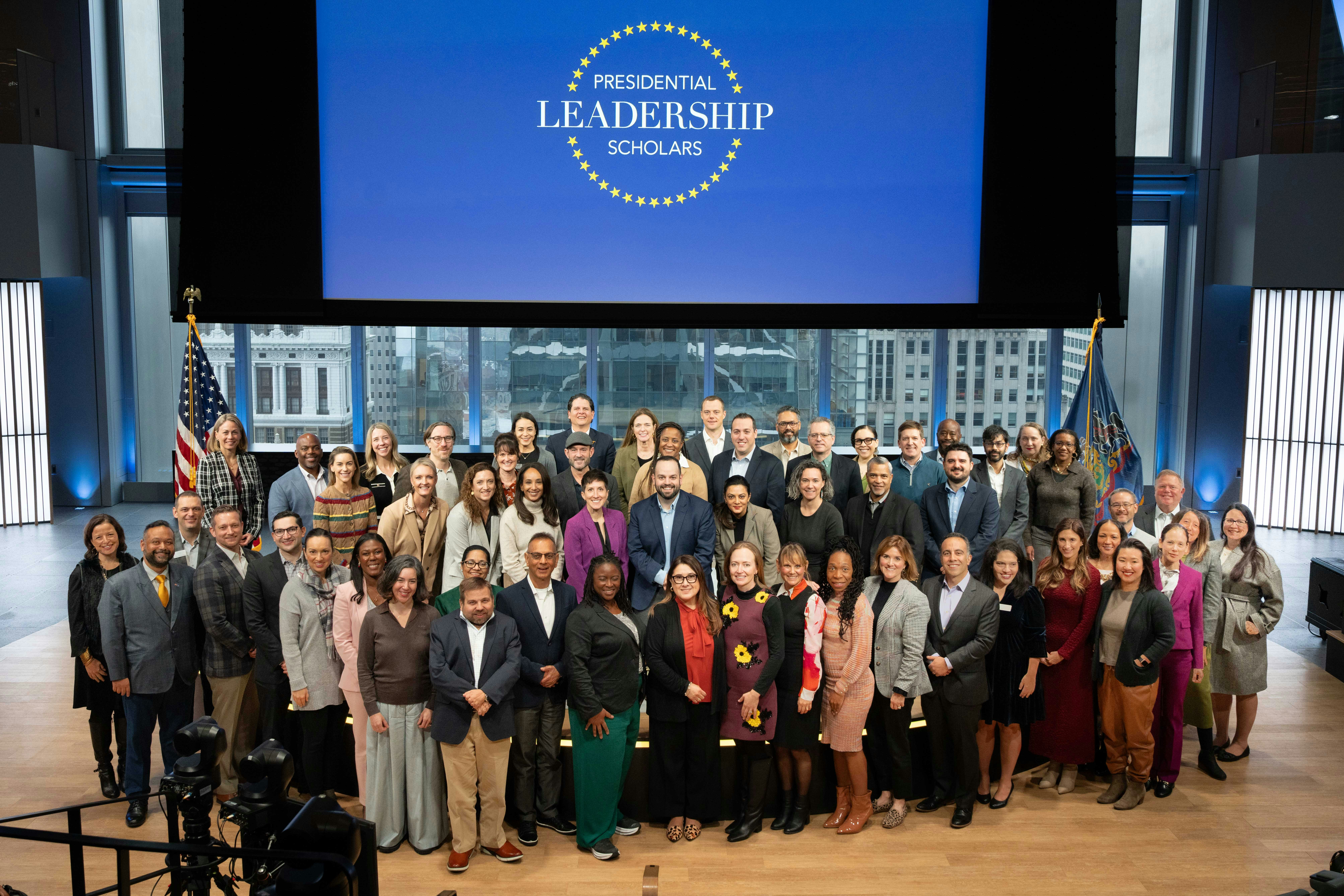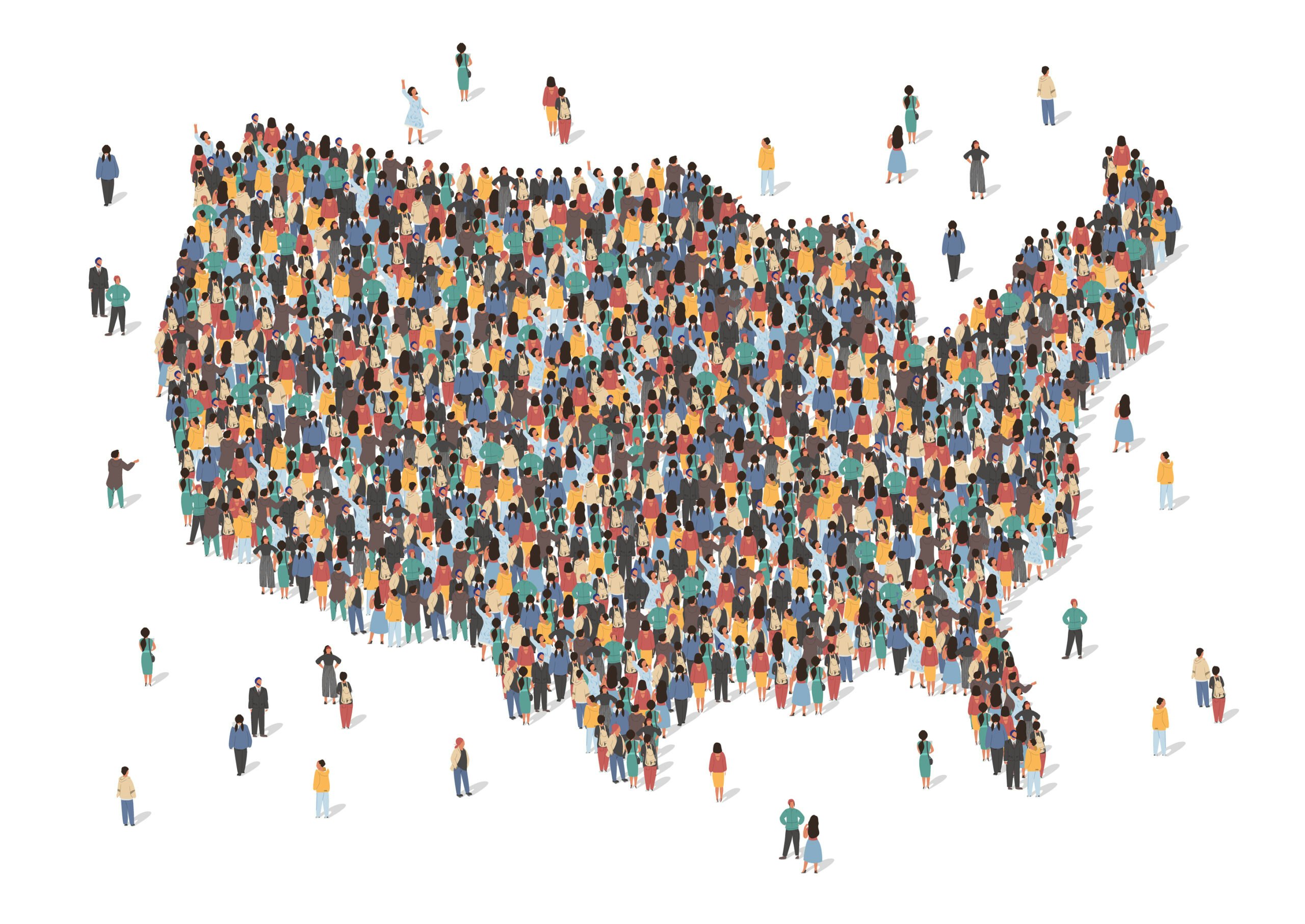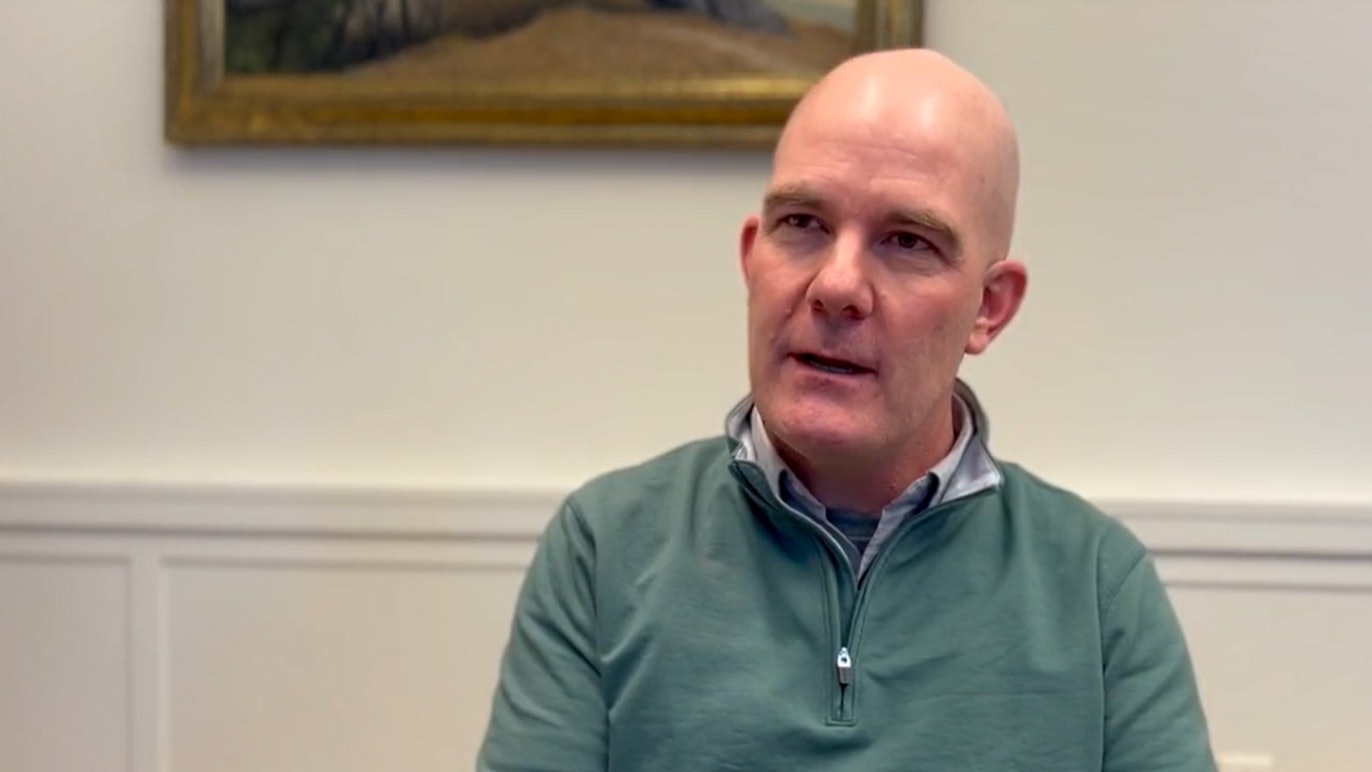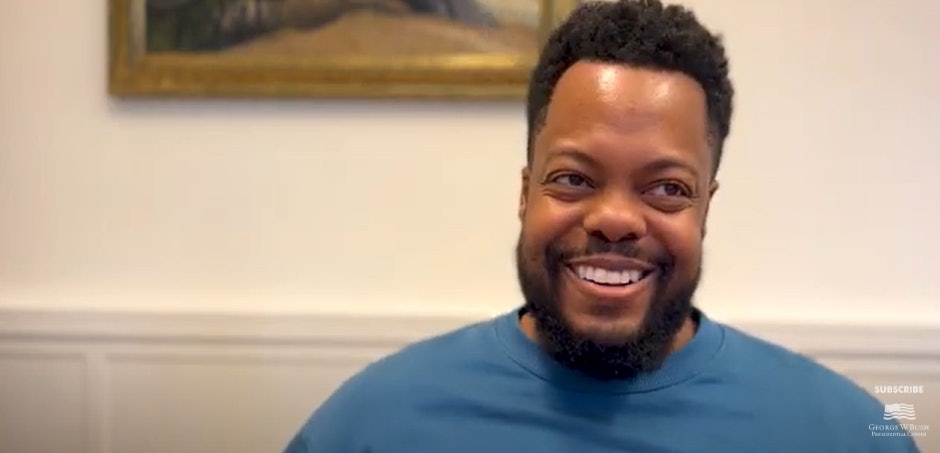Richard Lim joins us this month discuss his journey and how there is a valuable lesson to be learned from every president.
Growing up in Southern California, Richard Lim loved history so much that he dreamed of one day landing a White House internship. He was persistent, and on the third try in the fall of 2005, he was appointed an intern in the White House scheduling office. He went on to serve as a confidential assistant at the Department of Labor and beginning in 2007, he worked in the Office of Presidential Correspondence, specifically the Gifts Office. Today, in addition to being a Senior Editor and Researcher at Prager U., he hosts the popular podcast, This American President. Lim joins us this month discuss his journey and how there is a valuable lesson to be learned from every president.
Q: Can you tell us the origin story of This American President and share any guidance for your fellow BCAers who may have their own podcast aspirations?
My passion for history began when I was in the third grade, and I started checking out presidential biographies from my local library. From then on, I was that guy in the group who would bring up some random and (hopefully) interesting history factoids. Over the years, many of my friends suggested that I should start a history podcast. I was intrigued – I always loved sharing what I Iearned with my friends. I started to think, what’s the point of learning all of this history if I didn’t share it with others? I began talking about starting a podcast with a friend of mine, Michael Neal, who was an avid podcast listener and a jack of all trades. At that point, we realized that we had to stop talking about it and actually start doing the work. I started writing a script and Michael booked a soundproof room at a local library, downloaded some editing software, and borrowed a microphone from a friend. And finally, we started recording. My advice to anyone who wants to start a podcast is simple: the hardest part is getting started – if you want to do it, start writing and recording.
Q: With more than one million global downloads since you began in 2017, why do you think This American President has resonated so much, especially at a time when research shows the public is, sadly, less interested in civics?
People find history interesting if you present it as a story – not as a list of dates and names to memorize. If you like a good story – with drama, pivotal moments, surprising outcomes, etc. – you’ll love history. That’s the approach we take when producing our episodes. Also, there’s the old cliché, “History doesn’t repeat itself, but it rhymes.” No matter what era of history you study, or what country or topic, you will always be able to find something that resonates with present day events. Man throughout history has always struggled with many of the same questions, i.e., do the ends justify the means, what is the best way for people to live, what role should government play, etc. History, in a sense, is the story of flawed people trying to figure out these questions – and that always seems to resonate.
Q: While you spend time on Washington, Lincoln and the Roosevelts, you also seem to have an affinity for Grover Cleveland, Zachary Taylor and other less popular presidents. Why is that?
When it comes to historical figures, most people just know the proverbial “tip of the iceberg,” i.e. this president was “good” or this president was “bad.” This type of thinking has led us to ignore or dismiss anyone who wasn’t considered a “great” president as a complete failure without really studying them or giving them a chance. A lot of these presidents have even been turned into punchlines – we mock Millard Fillmore for his unusual name or William Howard Taft for being overweight. How many people know that Taft was once the governor of the Philippines (my birth country) and did such a great job that the Filipinos demanded that he stay in power? Or that Taft is the only person to serve as both president and as chief justice of the Supreme Court – a pretty impressive accomplishment. How many people know that Zachary Taylor won multiple military battles in hostile territory despite being outnumbered? How many people know that Warren Harding and Calvin Coolidge ran surplus after surplus and cut the national debt by about 30% – never an easy thing to do? Almost every obscure president that I’ve studied has surprised me in some way. When we ignore these guys or buy into the popular narrative about them, we ignore a part of our country’s history, and we deprive ourselves of the lessons we could learn about them.
Q: Do you have a favorite presidential fun fact?
I did an episode a couple of years ago where I interviewed Carolyn Parr, who was married to Secret Service Agent Jerry Parr. Jerry was present during the assassination attempt on President Ronald Reagan in March 1981 and is credited with saving Reagan’s life. It turns out that Parr was inspired to become an agent when, as a boy, he watched the 1939 movie Code of the Secret Service. The star of the movie? Ronald Reagan. History is full of amazing coincidences like this one. There are many more stories I could share, but this is the one that comes to mind.
Q: How has your time in the Bush administration influenced your work on This American President?
Serving in the White House was a double privilege – I got to serve a president and a team that I love and admire and I got to see the places that I had read about as a kid. When you work in that environment, you realize that no matter how important someone is or fancy their title sounds, in the end, they are all just people. Presidential administrations are a very human thing. Governments are made up of real people – people who do great things, make mistakes, have feelings, go through personal and professional struggles, etc. In the end, every figure in history – no matter how great they were – was just as human as you and me. That insight has heavily influenced the way I look at historical figures. It reminds me to put myself in their shoes and think about the difficulties and limitations they faced before I form my own opinion about them. We have the advantage of hindsight – we know how things turned out. We know that World War II ended in 1945, but the people living in 1944 didn’t know that, just like how you and I don’t know what will happen next year. You have to evaluate their actions with that in mind.


